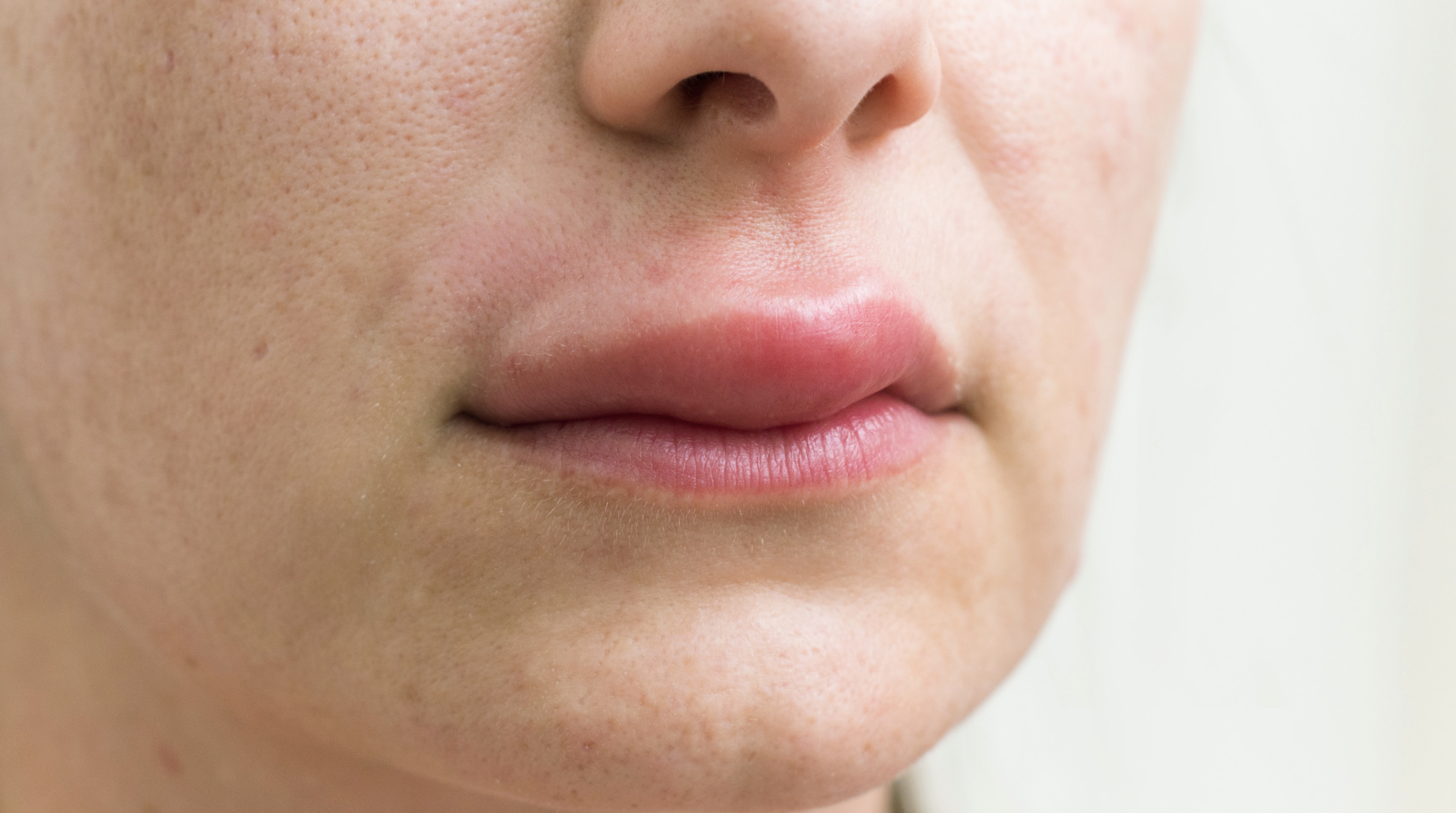Do you know that HPV (Human papillomavirus) can live silently in the body for several years without indicating any signs. Though common, HPV is the most mysterious sexually transmitted infection. Being able to stay dormant (inactive) is one of its challenging traits, which makes it stay undetected before reappearing. So, how long can HPV be dormant, and what does it indicate? Let's explore the blog for detailed information!
Is It Possible for HPV to Stay Dormant?
Yes, HPV (Human papillomavirus) can remain dormant (inactive) in the body. It has a dormancy period, which allows it to remain in the body for a certain time without any symptoms. The HPV dormancy timeline includes months, years, and decades. About 90% of the HPV virus becomes dormant in 1-2 years of the infection. However, the duration can vary significantly. For instance, some people may clear the infection in a few years, while others might carry it longer without noticing any symptoms.
During the dormancy period, the HPV does not actively replicate and also remains undetected by diagnostic tests. However, later, it reactivates and causes symptoms like genital warts, which can be detected by cervical screening.
How Long Can HPV Be Dormant?
Wondering, “How long can hpv remain hidden”? HPV can remain dormant for many months and years after a person catches the virus, even when there are no visible symptoms. Research shows that:
-
HPV can clear within 2 years without causing any health issues. During this period, the immune system can fight against and eliminate the virus from the body. After this, HPV disappears and can't spread to others.
-
In severe cases, the virus can remain dormant for 10 years or longer without causing any symptoms. During this period, the HPV is reproducing in cells and can be transmissible even if there are no signs of infection.
-
If the virus remains dormant for a longer period, it can lead to complications such as cervical or penile cancer or transmission risk to the child during birth.
-
Certain strains, particularly high-risk strains such as HPV-16 & HPV-18, may reappear in the future, especially when the immune system weakens. Hence, it is possible to get positive test results for HPV even if it has been inactive for a long time.
That is why getting tested for HPV is important to detect the issues early.
Can Dormant HPV Still Be Detected?
No, dormant HPV (Human papillomavirus) can't be detected by standard HPV tests such as Pap smears or HPV DNA tests. This is because during dormancy, the virus is not replicating actively, and so there are insufficient viruses present to get detected by these tests. However, once the virus becomes active, the infection becomes visible, which can be detected by an HPV test or cervical screening, giving a positive result.
When HPV is Dormant, Can It Still Spread?
Yes, even when HPV is dormant and causing no symptoms, it can still spread to others through skin-to-skin contact during sexual activities, like vaginal, oral, and anal sexual intercourse or sharing sex toys. This is because there are still some viral particles present in the body, which can spread through sexual contact.
To reduce the risk of transmission, the best approach is to practice safe sex using condoms. Also, be aware of the chances of transmission even in the absence of visible symptoms of HPV infection.
What Triggers Reactivation of HPV (Human Papillomavirus)?
HPV (Human papillomavirus) may reactivate because of the following factors:
-
Weakened Immune System: A weak immune system due to stress, disease, or aging can't effectively control dormant HPV infection, which allows the multiplication of the virus.
-
Smoking: Makes the HPV persist and reactivate due to its impact on the immune system.
-
Stress: May affect the immune system, which can make it less efficient in controlling the HPV.
-
Sexual Behavior: According to a 2018 study from the National Institutes of Health (NIH), sexual activities, especially with new partners, can cause reactivation of HPV, particularly in men.
-
Age along with Lifetime Sexual Partners: Older people with the maximum number of sexual partners in their lifetime have a higher chance of HPV reactivation due to the history of exposure and the ability of the virus to persist.
How to Know You Have HPV?
Most individuals with HPV do not develop any symptoms and might not even know they have an infection. If symptoms occur, they can be genital warts or cervical cancer (in some cases). Consult a healthcare provider if you notice these symptoms in your genital area, throat, or mouth:
-
Warts
-
Lumps
-
Unusual growths
-
Lumps
The most reliable method is tests such as the HPV DNA test (to detect the virus) or the Pap test (for cervical cancer screening).
Risk Factors for HPV Infection
These factors increase the chances of HPV infection:
-
Multiple sexual partners: More sexual partners can raise the risk of extreme exposure to HPV.
-
Early sexual activity: Engaging in sexual activities at a very young age (like before 18 years of age) can also contribute.
-
Partner's sexual history: Having sex with a person who has multiple partners or whose sexual history is unknown can also raise the risk.
-
Weakened immune system: People with weak immunity are more prone to getting HPV infections and struggle with its progression.
-
Smoking: According to the National Cancer Institute, both active and passive smoking can increase cervical cancer risk in HPV-infected people.
-
Touching infected surfaces: Touching HPV-contacted surfaces, such as showers and pools, can increase the chances of infection.
-
Not getting vaccinated: This can raise the HPV infection, especially if not getting vaccinated before becoming sexually active.
How Can You Prevent the Spread of HPV?
Even while HPV is primarily harmless, taking precautions to limit the virus's spread is crucial. Here are the best HPV prevention tips you can consider:
1. Get an HPV vaccination.
The CDC advises that youngsters receive the HPV vaccine around 11. You still have until age 45 to get an adult HPV vaccination if you haven't already.
2. Before having sex with new partners, discuss or get your HPV tested.
Consider getting tested for HPV and other STIs before having sex with a new person to make sure you don't pass anything along to each other.
3. Always use protection when having sex.
Condoms and dental dams can provide some defense against HPV and other STIs.
4. If you have a genital wart, avoid having intercourse.
Genital warts may indicate an active HPV infection. It's a good idea to hold off on having sex until the warts have healed up if you or your partner develops genital warts.
5. Do not share personal items.
Avoid sharing personal things such as towels and razors, as they may have come in contact with infected skin. This can contribute to transmission risk.
6. Maintain a robust immune system.
You have a good possibility of coming into contact with HPV at some time in your life. So, maintain a strong immune system to prevent getting an HPV infection.
7. Get a cervical cancer screening.
Regular pap smears and HPV tests can help women avoid HPV-related cervical cancer. These tests can assist a person in receiving an early diagnosis and a better prognosis if cervical cancer develops.
Some HPV Dormancy Myths
When it comes to dormant HPV, there are numerous myths:
Myth 1: An individual can't get HPV if the sexual partner does not develop any symptoms.
Fact: Even if the symptoms are not present, a person can get HPV.
Myth 2: Condoms offer complete protection against dormant HPV.
Fact: Though condoms can be helpful, they do not give 100% protection, as HPV can be transmitted through skin-to-skin contact in areas that are uncovered by a condom.
Myth 3: HPV has a fixed dormancy period.
Fact: No, there is a definite dormancy period of HPV, so it can vary from person to other. Some individuals can recover within a couple of months, while others might have the virus for decades.
Myth 4: Only women are impacted by HPV.
Fact: HPV affects women as well as men. Though women are mostly tested for cervical cancer associated with HPV, men can also develop it and cause issues such as genital warts and throat cancers.
Myth 5. HPV does not go away.
Fact: Even though HPV can linger in the body for a long time, most people can get rid of it within 1 to 2 years.
Myth 6: Once you have recovered from the infection, you can't get HPV again.
Fact: If your immune system hasn't entirely eliminated the HPV, HPV-related symptoms may reappear.
Mth 6: Infections with HPV always result in symptoms.
Fact: HPV infections hardly ever result in symptoms. Most people recover from infections before they even know they have them.
Myth 7: HPV can not be transmitted through sexual activity between two individuals with vulvas.
Fact: The virus can be transmitted between two individuals with vulvas through any kind of sexual activity or exchange of fluids.
Myth 8: A positive HPV test result while in a committed relationship is cheating.
Fact: While possible, this isn't necessarily the case. HPV might have been present in someone's body for a long time, and it may take years for an HPV infection to result in cervical cell abnormalities that can be seen on a pap smear. So, the sudden onset of HPV symptoms does not always indicate a recent infection.
Final Words
So, how long can HPV be dormant? HPV may remain dormant for an unknown period, that is, for months, years, or even decades. So, this makes regular screenings such as HPV tests or Pap smears important, particularly for sexually active people. Though most HPV infections subside on their own, persistent infection can cause severe health problems, like genital warts or cervical cancer.
If you are concerned about HPV, seek medical advice about vaccination, test options, and how to build strong immunity.
Frequently Asked Questions
How long can men carry HPV?
HPV can persist in men without symptoms for months or years.
Can hpv go away?
In most cases, a healthy immune system will clear HPV naturally within 1-2 years.
Can I give HPV to the kids?
Though HPV basically spreads through sexual activity, it can pass from mother to child during pregnancy or delivery, but in rare cases. There can be a risk of respiratory papillomatosis (warts in the lungs or throat).
How long can you have HPV without knowing?
HPV can be present without symptoms for months or even years.
How is hpv transmitted through kissing?
While rare, HPV can potentially be passed through deep kissing and intimate mouth contact.
Can HPV show up 20 years later?
Yes, HPV can remain dormant for decades before resurfacing and causing symptoms.
How long can HPV remain dormant in a woman?
HPV can lay dormant in the cells of a woman for weeks, months, or years.
-User-1754377709.png)
Reviewed by







